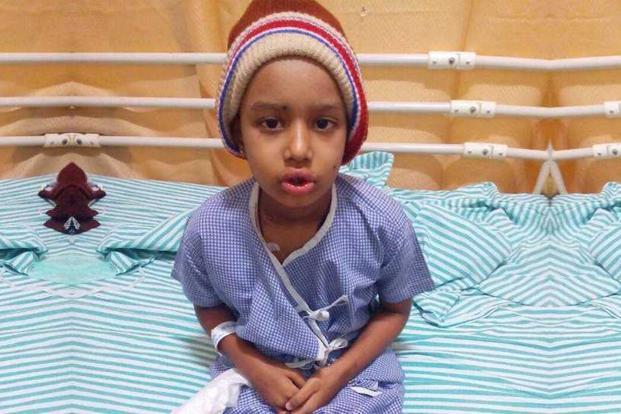Categories
- Bariatric Surgery (11)
- Black Fungus (5)
- Bone Marrow transplant (3)
- Brain Tumor Surgery Navigation Technology (20)
- Cardiac Surgery (66)
- Cardiology (97)
- Computer navigation technology for joint replacements (20)
- Covid Vaccination (17)
- Critical Care (2)
- Dental (19)
- Dermatology (31)
- Dialysis Support Group - “UTSAAH” (11)
- Dietitian (33)
- Emergency Medicine (4)
- Emotional Health (11)
- Endocrinology (33)
- ENT (20)
- Gastroenterology and GI Surgery (53)
- General and Laparoscopic Surgery (21)
- General Surgery (4)
- Gynecology & Obstetrics (183)
- Hematology (20)
- Internal Medicine (294)
- Kidney Transplant (50)
- Kidney Transplantation (20)
- Lung Cancer (8)
- Minimal Invasive Surgery (1)
- Mother & Child (20)
- mucormycosis (5)
- Nephrology (61)
- Neurology (147)
- Neurosurgery (68)
- Nutrition and Dietetics (107)
- Omicron Variant (1)
- Oncology (288)
- Ophthalmology (10)
- Orthopaedics & Joint Replacement (86)
- Paediatrics (59)
- Pediatric Nephrology (3)
- Physiotherapy (5)
- Plastic & Reconstructive Surgery (6)
- Psychiatry and Psychology (90)
- Psychologist (28)
- Pulmonology (72)
- Rheumatology (13)
- Spine Services (21)
- Transradial Angioplasty (16)
- Urology (84)
Query Form
Posted on Apr 19, 2022
Risk factor of prostate cancer
Prostate Cancer is one of the most aggressive and prevalent cancers affecting men in India. The most important aspect is the silent signs and symptoms associated with the same. Some types of prostate cancer grow slowly. In some of these cases, monitoring is recommended. Other types are aggressive and require radiation, surgery, hormone therapy, chemotherapy or other treatments.

Hence it is important to be aware of the risks of Prostate Cancer
Risks of Prostate Cancer:
- Age – Risk of prostate cancer rises with age, mainly after 50 years of age. Over 80% of cases of prostate cancer are diagnosed in males of age 65 or above. Elderly patients diagnosed with a prostate cancer may suffer unique challenges, mainly regarding cancer treatment.
- Family history– A prostate cancer which runs in family known as familial prostate cancer takes almost 20% of the time. This kind of prostate cancer grows due to the combination of the shared genes & shared lifestyle or environmental factors. A hereditary prostate cancer is, however, rare & accounts for nearly 5% of all cases. A hereditary prostate cancer takes place when transformation in genes or mutations get passed down I a family from one generation to the next. A hereditary prostate cancer can be suspected if a male’s family history comprises of any of the below characteristics:
- At least 3, 1st-degree relatives having prostate cancer
- Prostate cancer in 3 generations and on the same side of a family
- At least 2 close relatives like a brother, father, grandfather, son uncle or a nephew, on the same side of a family, diagnosed with a prostate cancer prior to the age of 55 years
The chances of a man to get prostate cancer are 2-3 times higher as compared to an average risk if even 1 of his 1st-degree relatives such as father, son or brother had been diagnosed with a prostate cancer. This risk rises with the number of relatives with prostate cancer.
- Hereditary breast & ovarian cancer or HBOC syndrome – HBOC is linked to DNA-repair mutations to BRCA1 and/or the BRCA2 genes. BRCA is the abbreviation for Breast Cancer. HBOC is most commonly linked to an increased risk of ovarian and breast cancer in women. But men having HBOC also have an increased risk of developing a breast cancer & a more aggressive type of prostate cancer. Mutations in BRCA1 & BRCA2 genes are considered to result in only a small fraction of familial prostate cancers. Men having BRCA1 or the BRCA2 mutations shall consider the screening of prostate cancer as early as possible. Genetic testing can only be suitable to families with prostate cancer which can also have HBOC. If we are concerned regarding this based upon our family history, we shall discuss it with a doctor.



